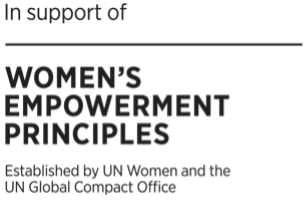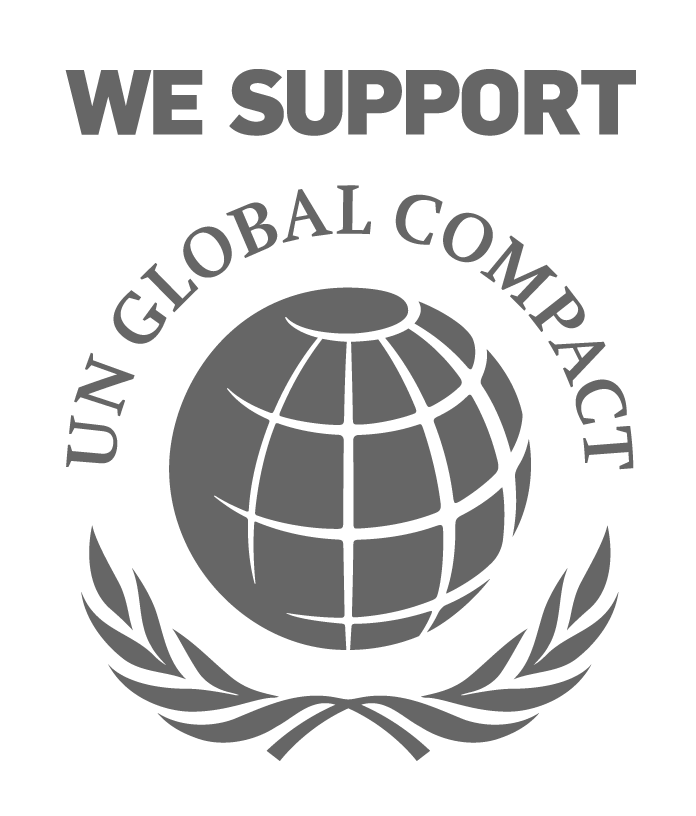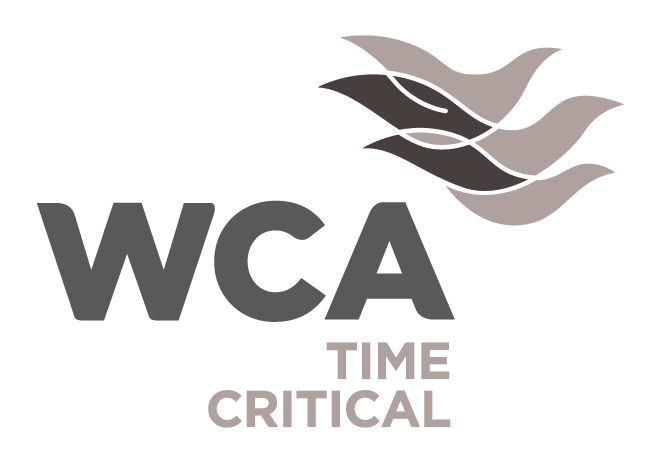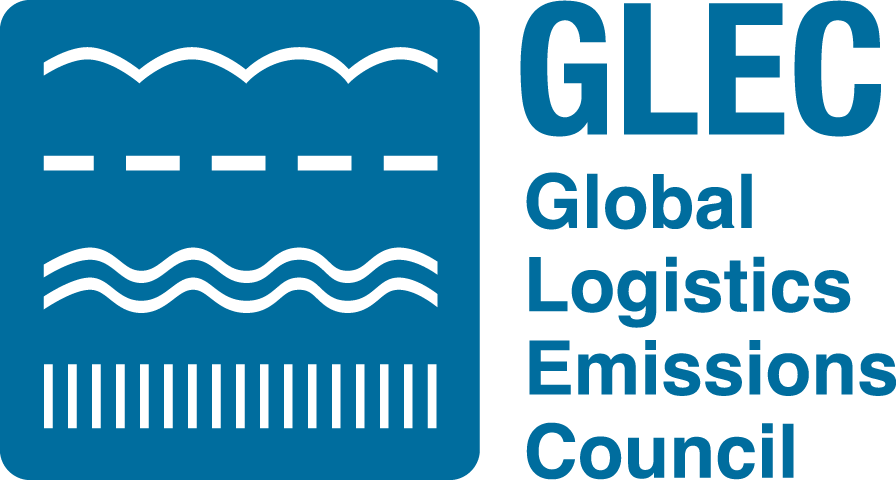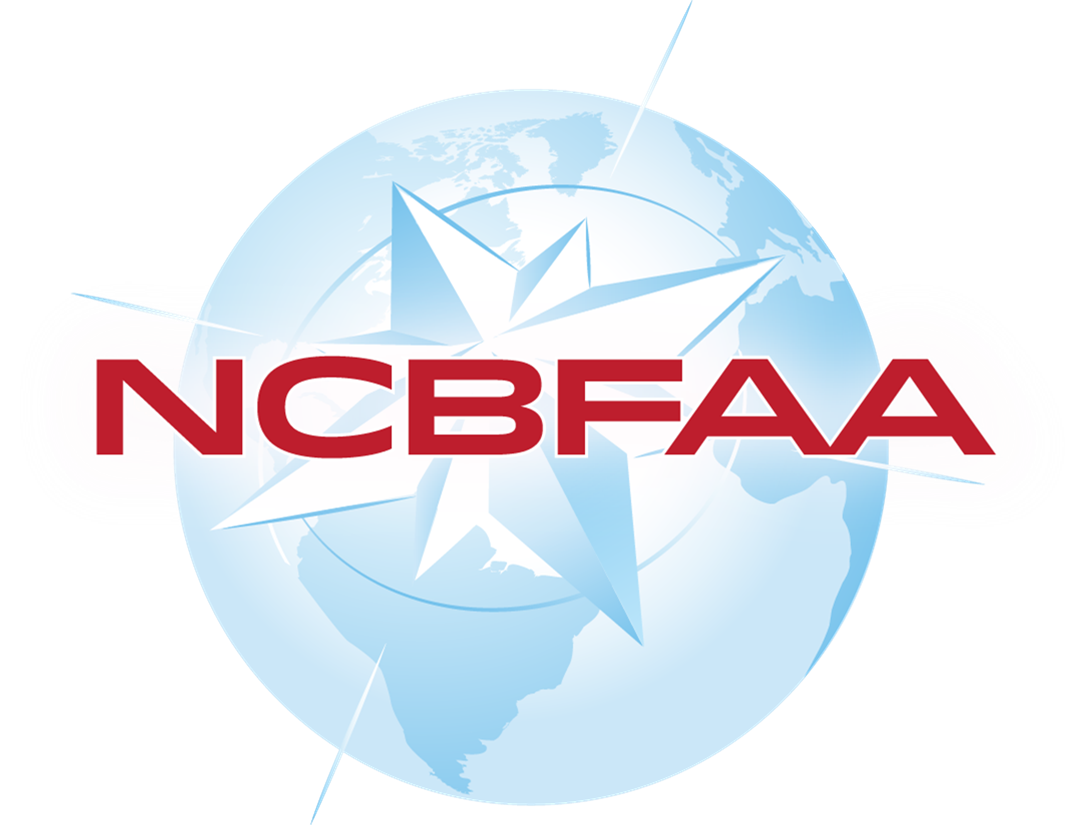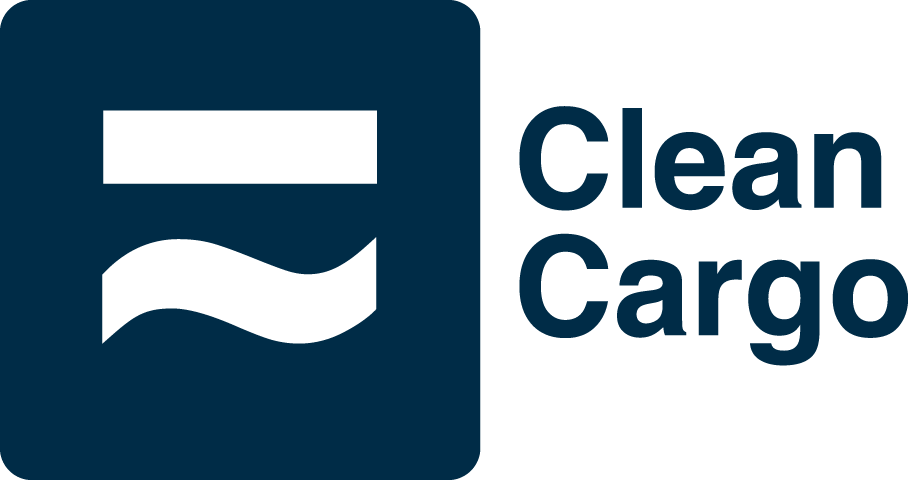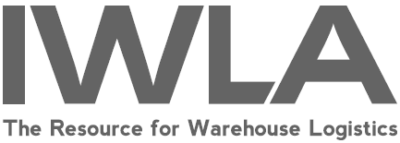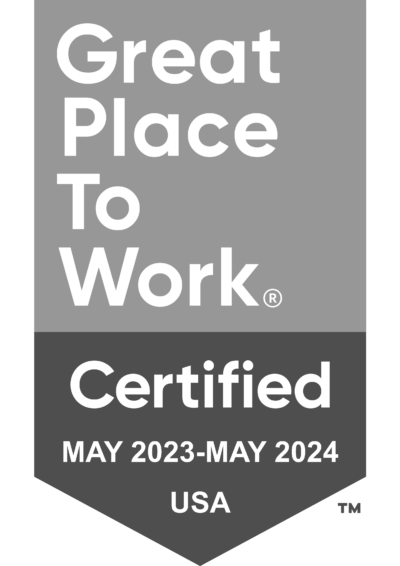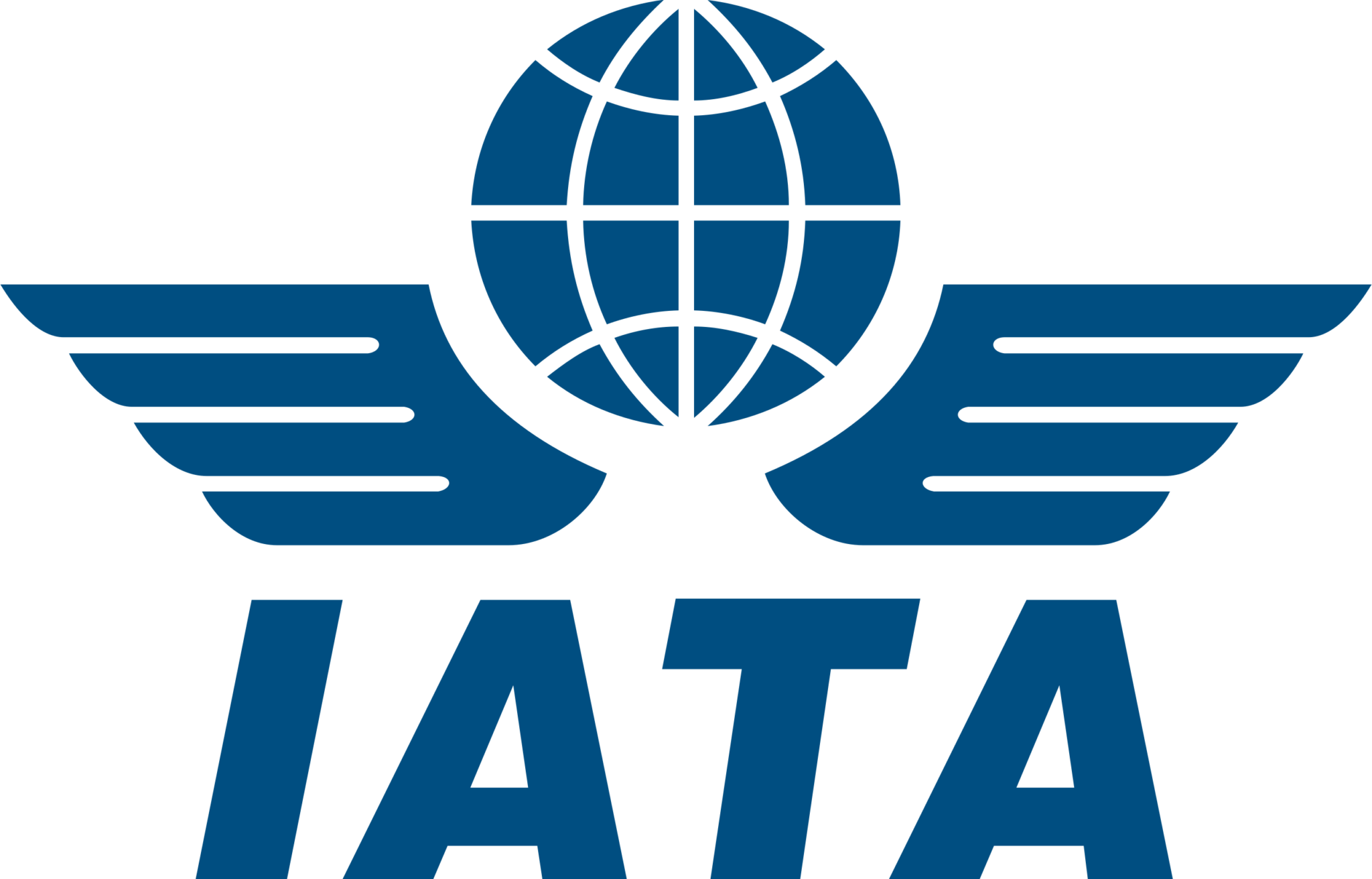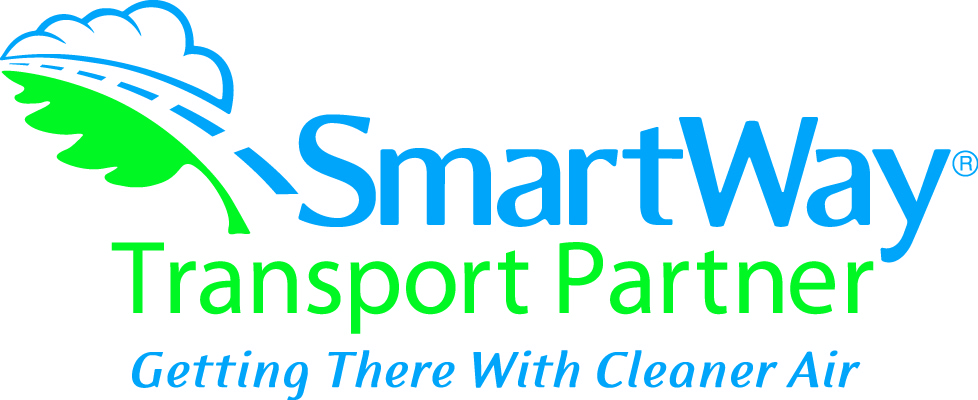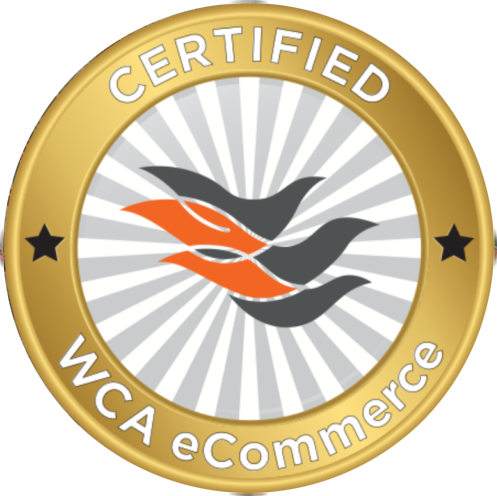SEARCH BY KEYWORD
FAQ: What is the Difference Between a TIB and Moving Goods In-bond?
Although these two terminologies appear similar at first glance, they actually differ in meaningful ways and serve very different purposes. TIB A Temporary Importation under Bond, or TIB, is used to bring goods into U.S. commerce without payment of duty when they are not intended for sale. The entries are similar to a normal consumption entry, however, there are some differences to the filing process which is completed by a Customs Broker. Under the TIB requirements, [...]
FAQ: What is a Revenue Ton?
A revenue ton is a unit measure used in marine transport, on which a shipment is freighted. Cargo is rated as weight or measure (W/M) depending on the commodity. Weights are based on metric tons and 1 metric ton = 1,000 Kilograms (2,205 lbs.) Measures are based on cubic meters (M3). Regardless of which method is used, the one that produces the highest revenue, between the weight calculation, or the measurement calculation, will be considered the [...]
FAQ: Can I Get a Refund on my Duties Paid if I Export the Same Product?
Theoretically, yes, provided that duty drawback requirements are satisfied. Duty drawback was established in 1789 to promote exports by means of offering duty refund when imported merchandise has been exported. Since then, the program has been modified and modernized, however, the fundamentals remain the same – if Customs duties, taxes and fees were paid on imported merchandise, the drawback claimant may receive up to 99% refund of duties paid, after the product is exported or destroyed [...]
Why does a 20’ container weighing 38,500 lbs. need an overweight permit when delivering locally in Miami, Florida?
In the United States, there are defined guidelines for both local and Interstate highway systems that regulate how much weight any set of axles on a motor vehicle may carry. U.S. Federal Law states that single axles are limited to 20,000 pounds and axles spaced more than 40 inches and not more than 96 inches apart are limited to 34,000 pounds (total Gross vehicle weight is limited to 80,000 pounds) 23 USC 127. Trucking companies must [...]
FAQ: How does TSCA apply to furniture imports?
The Toxic Substances Control Act (TSCA) is a federal law that governs chemical substances. It was passed in 1976 and allows the United States Environmental Protection Agency (EPA) to request reporting, record-keeping and make testing requirements related to chemical substances and/or mixtures. It also grants the EPA the authority to require restrictions on certain chemical substances. The Formaldehyde Standards for Composite Wood Products Act was added as Title VI to the TSCA in a final rule [...]
FAQ: What Are the Advantages to Using One Company to Handle My Shipments from Beginning to End?
Using one company that you trust to handle shipments from beginning to end is the best way to streamline a supply chain. That means developing a relationship and taking advantage of the expertise they can offer. Shippers should consider the pros and cons of the type of freight forwarder they want to be in partnership with, such as private vs. public, multi-national vs. U.S.-based, and overall organizational structure. Here are 4 more things businesses should consider [...]
You Ask,
Green Answers

Don’t see the answer you’re looking for? Send it over to Green’s supply chain experts and we’ll answer your
question directly!
LATEST ARTICLES
Subscribe to the
Freight Market Update





